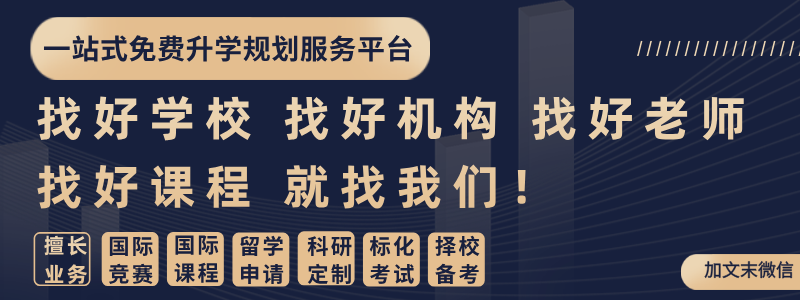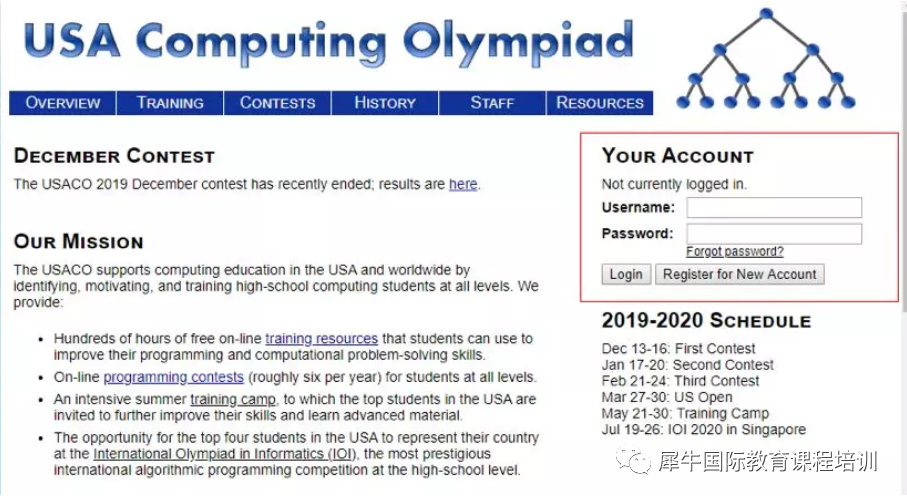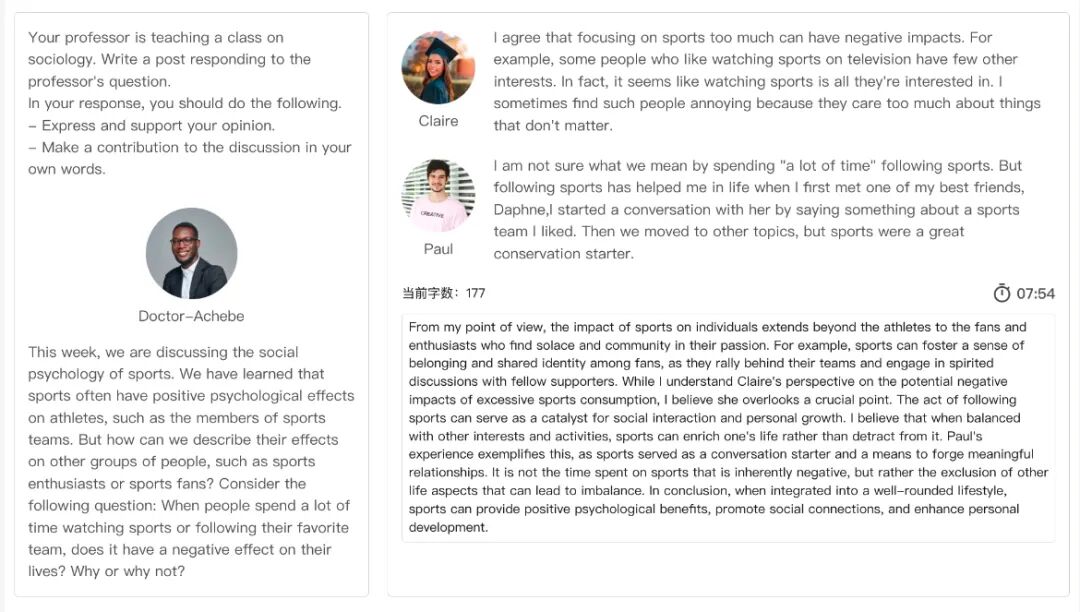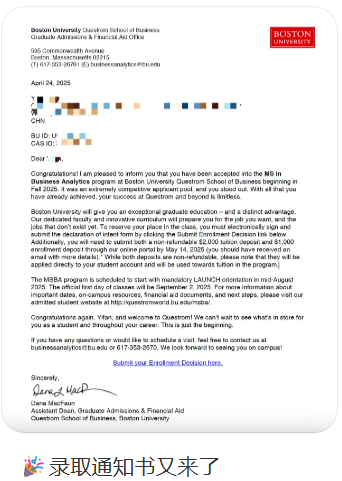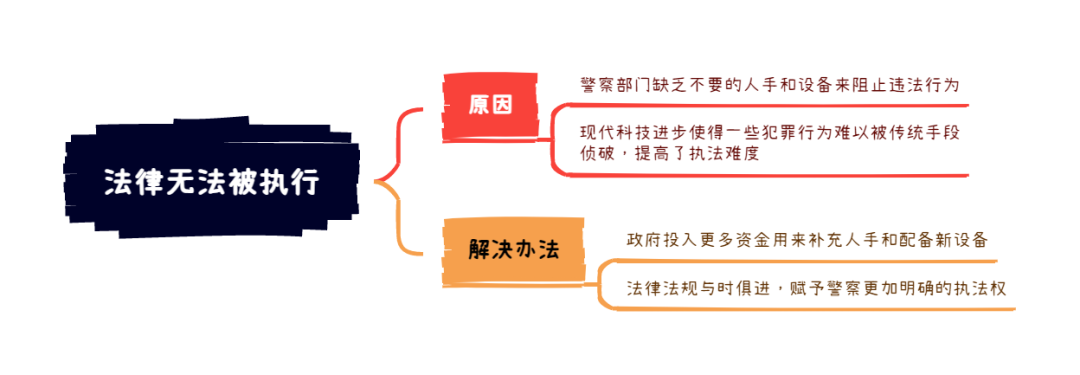今天的雅思大作文
20230429 Some people predict that technological development can make people in the 21st century have much more free time. To what extent do you think the prediction is true?
一个老生常谈的话题,加上疫情以来的在家办公导致的现代社会对于工作时长的讨论,所以外刊里面类似的文章还是蛮多了
选了 Economist 的相关文章,可以学习下结构,思路和表达
来自于Economist 的一个开头
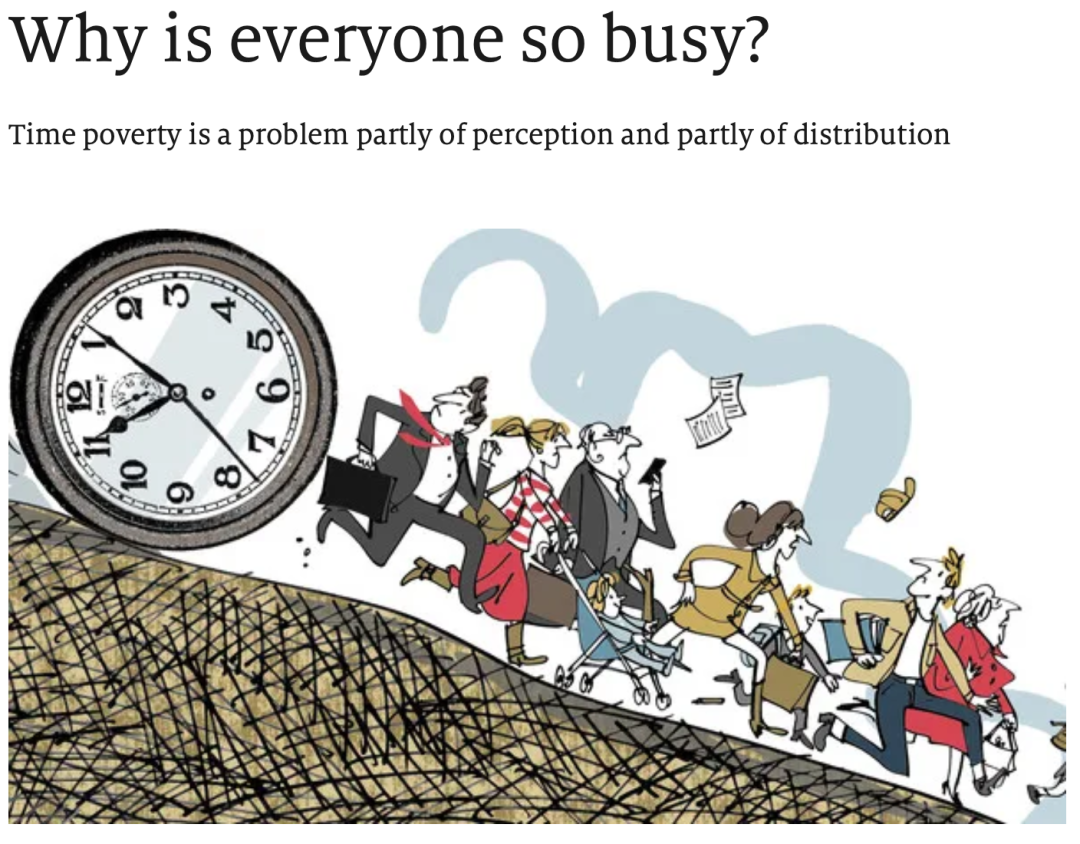
THE predictions sounded like promises: in the future, working hours would be short and vacations long. “Our grandchildren”, reckoned John Maynard Keynes in 1930, would work around “three hours a day”—and probably only by choice. Economic progress and technological advances had already shrunk working hours considerably by his day, and there was no reason to believe this trend would not continue. Whizzy cars and ever more time-saving tools and appliances guaranteed more speed and less drudgery in all parts of life. Social psychologists began to fret: whatever would people do with all their free time?
这个开头非常适合今天的考题,甚至还点题了题目里的prediction这个词; 也说到了题目里的technological development
也可以积累下每次聊到类似话题一定会提及的Keynes的预言:
“Our grandchildren”, reckoned John Maynard Keynes in 1930, would work around “three hours a day”—and probably only by choice.
当然从标题也可以看出来,Economist 不认同人们会有更多free time 的观点,所以文章的第二段马上给出了作者的观点是:现代人越来越忙了。
This has not turned out to be one of the world’s more pressing problems. Everybody, everywhere seems to be busy. In the corporate world, a “perennial time-scarcity problem” afflicts executives all over the globe, and the matter has only grown more acute in recent years, say analysts at McKinsey, a consultancy firm. These feelings are especially profound among working parents. As for all those time-saving gizmos, many people grumble that these bits of wizardry chew up far too much of their days, whether they are mouldering in traffic, navigating robotic voice-messaging systems or scything away at e-mail—sometimes all at once.
上面文章的绿色部分是值得积累下的语言;
粉色是值得学习的结构


